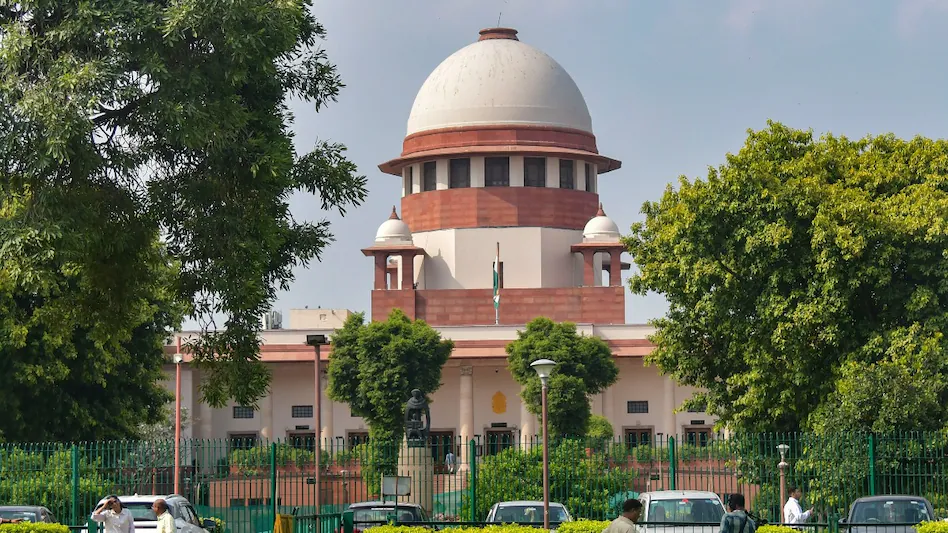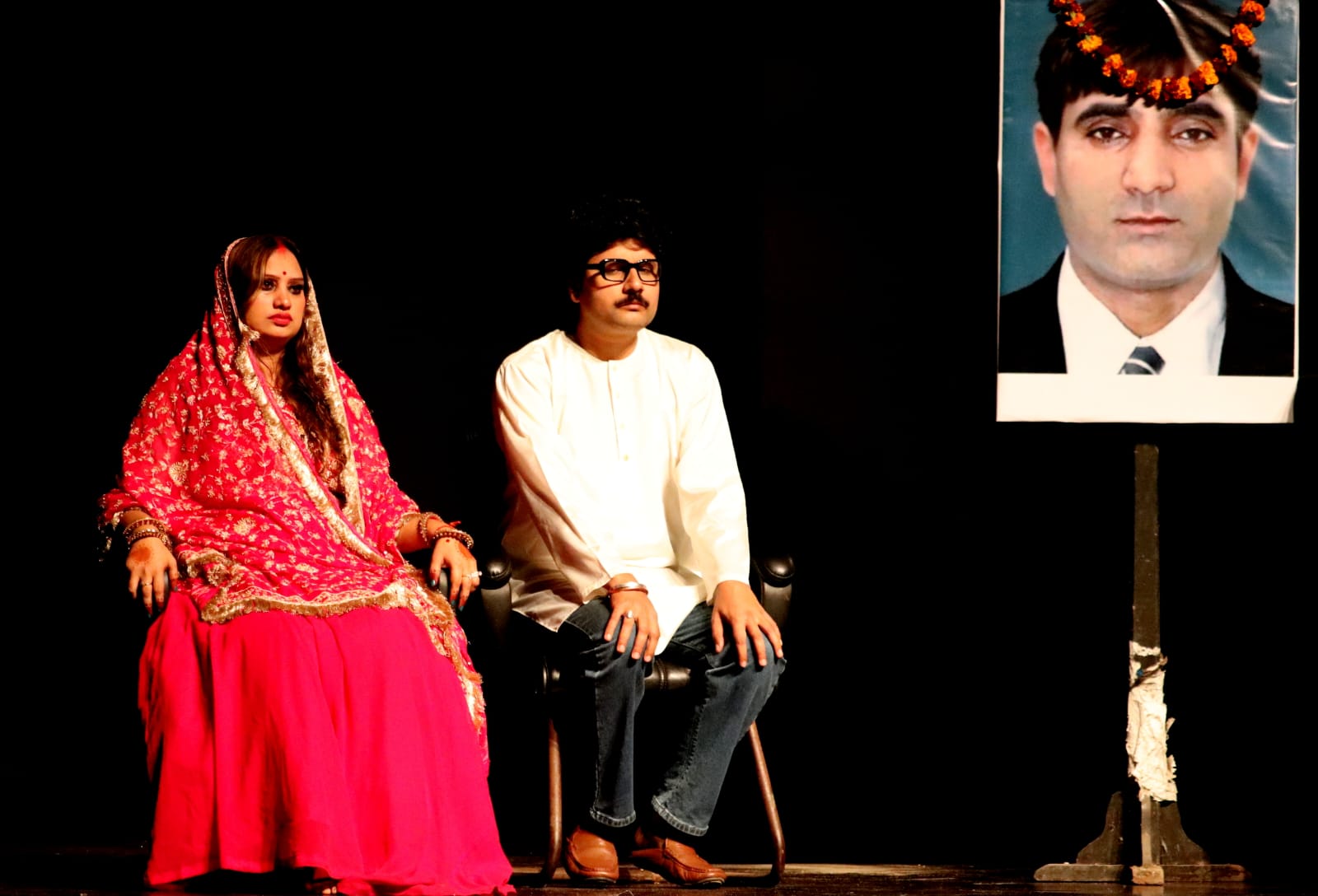NEW DELHI: The Supreme Court on Monday declined to stay the entire Waqf law, noting a “presumption” of constitutionality in its favor, but temporarily blocked certain provisions, including the rule that only those practising Islam for the past five years can create a waqf.
Delivering an interim order, a bench led by Chief Justice B.R. Gavai and Justice Augustine George Masih observed, “We have considered the prima facie challenge to each section and found no case to stay the entire statute.”
However, the court stayed the specific provision restricting waqf creation to individuals practising Islam for five years. It also suspended the clause allowing a government-appointed officer to resolve disputes over whether Waqf property encroaches on government land.
CJI Gavai noted, “The presumption is always in favor of the constitutionality of a statute, and intervention is warranted only in the rarest cases. While the entire Act is challenged, the primary issues pertain to sections 3(r), 3C, and 14…”
The court directed that, wherever possible, the Chief Executive Officer of the Waqf Board should be a Muslim but refused to stay the amendment permitting the appointment of a non-Muslim CEO. It further stated that non-Muslims on state Waqf boards and the central Waqf council cannot exceed three members.
The detailed judgment is awaited.
Earlier, on May 22, the top court had reserved its order on three critical issues, including the authority to denotify properties declared as “waqf by courts, waqf by user, or waqf by deed,” raised during hearings challenging the validity of the Waqf (Amendment) Act, 2025.













